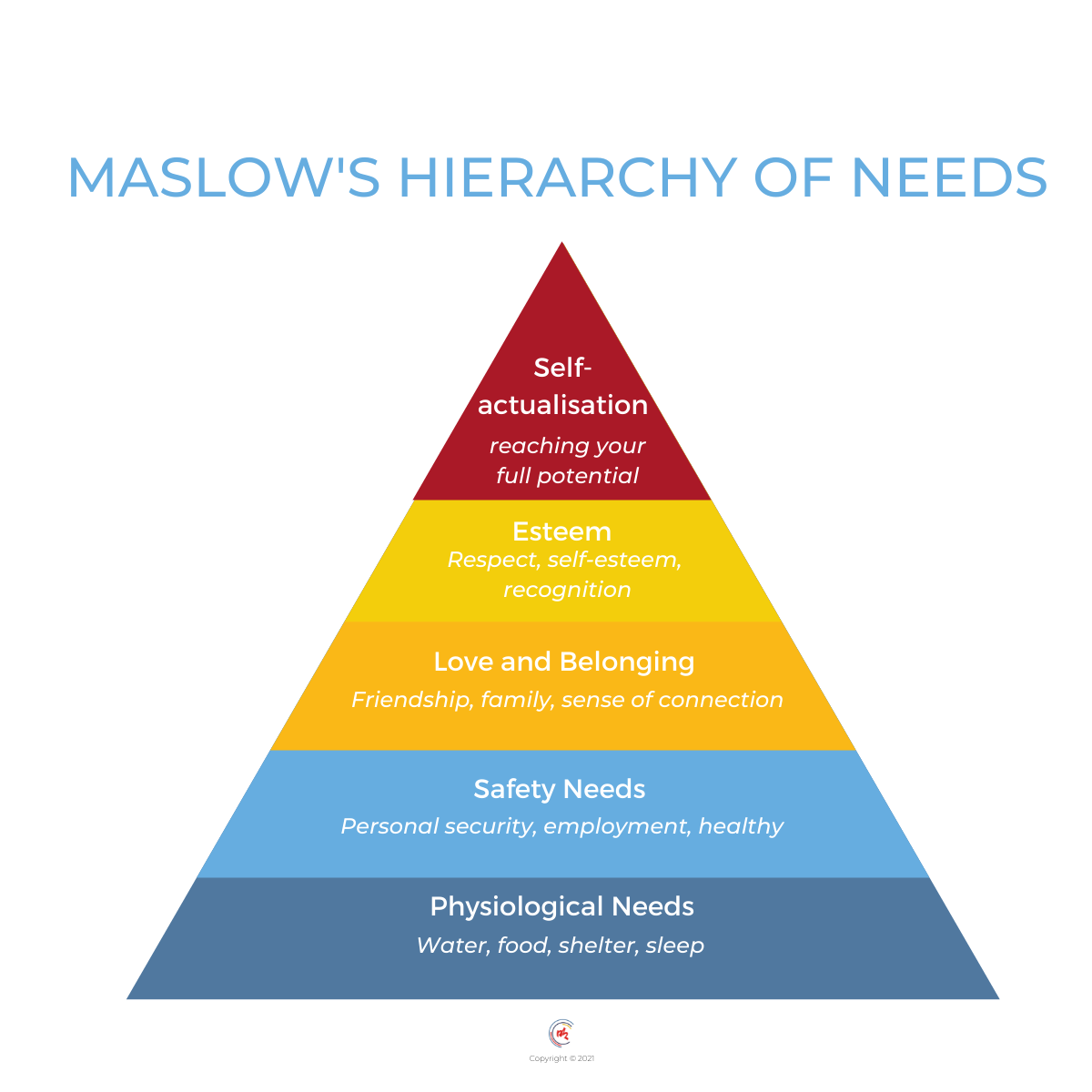Workplace relationships can impact upon your morale and attitude at work, more than you may think. Therefore, learning how to cultivate and maintain these relationships are important in order to fulfil your potential.

Workplace relationships can be challenging to manage due to the diversity of personalities and communication styles. It can also sometimes seem that these relationships are fixed as either “good” or “bad”. When workplace relationships adversely affect you, your productivity and morale may become low. Whereas, when they are effective, they can make your work life much more enjoyable and increase your productivity.
You may be asking yourself how do I cultivate and maintain these relationships? Furthermore, you may be wondering how you can deviate away from ineffective relationships and move towards effective relationships to realise your potential.
This blogpost will examine what unhealthy relationships look like in order to identify ineffective behaviour. Then ineffective and effective relationships will be analysed to understand how morale and productivity are affected. Maslow’s Hierarchy of Needs will be analysed to see how the fulfilment of certain human needs can work as motivating factors at work. Finally, this blogpost will explain what healthy workplace relationships look like and how they can be created.
What do Unhealthy Relationships in the Workplace Look Like?
In order to shift away from unhealthy workplace relationships, it is important to identify the characteristics of these relationships. This will help you recognise these features in your own relationships.
- Always making yourself “available”. This gives your colleagues and managers constant access to you even outside of working hours. This can increase stress levels and decrease productivity. This is because you are not giving yourself time to rest and recharge.
- Being afraid to share new ideas or alternative points of view. This may be due to fear of backlash from a colleague or feeling that you are not listened to at work. As a result, this may stunt your career progression and self-development.
- Constant criticism. Constructivism criticism enables a two-way discussion to occur in order to improve your work. However, constant criticism leaves team members feeling belittled and demotivated and does not work to improve their performance.
- Unhealthy competition. For example, when team members are being pitted against each other this creates an unsupportive work environment. It can also lead to team members feeling stressed and burnt-out.
How do Effective and Ineffective Relationships Affect the Morale and Work Produced by Employees?
The characteristics of unhealthy relationships, has highlighted how this type of relationship can adversely impact employees at work in different ways. Research has shown that the quality of relationships at work has an impact on the psychological health of employees.
How do ineffective relationships affect morale and productivity?
They can lead to:
- Stress. This may result from unhealthy competition and the consequential cut-throat culture that may develop.
- Low job satisfaction. Team members may become dissatisfied with their job as a result of unfulfilling work relationships that do not engage or support them.
- Less commitment to work. Team members may begin to disengage with their work if their work relationships demotivate them.
- Increased turnover. Stress can develop from ineffective and unhealthy work relationships and can lead to an increase of almost 50% in voluntary turnover.
How do effective relationships affect morale and productivity?
- Increased engagement. Team members will want to engage at work as they feel supported and safe.
- Effective communication and transparency. Effective relationships facilitate greater communication amongst colleagues because they feel supported and heard.
- Increased group morale. Effective relationships enable team members to feel more confident working with their colleagues which may result in greater productivity.
Maslow’s Hierarchy of Needs
Abraham Maslow’s Hierarchy of Needs can be used to understand workplace relationships further. This is a motivational theory in psychology which consists of five levels which relate to human needs.

- Physiological, for example food
- Safety, for example security
- Love and belonging
- Esteem, for example the need for appreciation.
- Self-actualisation, which relates to an individual maximising their potential at work
Learning about whether these needs are met can help improve your workplace relationships. The result is that you are able to acknowledge what levels of your own hierarchy require more attention. For example, you may feel that you are not being appreciated at work for the effort you put in. Or perhaps you may think that you are not reaching your full potential at work and want to figure out how to change that.
How can I apply this concept in my own life?
Look at the levels of Maslow’s hierarchy that are significant to the development of effective workplace relationships. These levels are love and belonging, esteem and self-actualisation.
The third level belonging relates to teamwork. If this need is not fulfilled you may feel left out of your team or that certain team members are not participating as much in team activities. By acknowledging this you cam work on ways to strengthen your teams bond to enable all members to share their ideas and opinions.
Esteem is vital to effective workplace relationships. When two individuals in a relationships both feel valued and respected they will feel more confident at work. For example, engaging in discussions which fosters healthy two-way communication. However, when this need is not met team members may disengage and limit their commitment to their work and colleagues.
The highest level of the hierarchy, self-actualisation relates to an individual reaching their potential while seeking personal growth. This is critical in generating effective workplace relationships. A self-actualised team member will want to perform to their best ability, therefore striving to maintain effective workplace relationships. A workforce that has reached the highest level of Maslow’s hierarchy is one which is healthy and engaged.

How to Create Effective and Healthy Relationships
A manager alone can account for up to 70% of a team’s engagement. So as a leader, building effective relationships matters.
Effective and healthy workplace relationships can be created by:
- Using words of affirmation such as “good job” or “thank you for your help”. These affirmations represent appreciation and acknowledgment of effort by a team member . This links to Maslow’s hierarchical need of esteem as it feeds into the need to be appreciated and respected.
- Two-way communication. Clear and honest dialogue enables constructive criticism to be shared between two parties. This creates healthy relationships, as it generates trust between colleagues and makes team members feel supported and valued.
- Listen mindfully. This reflects the respect you have for your colleagues. It also demonstrates emotional intelligence and shows that you value others’ views and ideas.
- Self-awareness is crucial in diverting away from ineffective to effective workplace relationships. This is because you can acknowledge when your own or a team members ineffective behaviour begins to hinder the development of an effective relationship.
- Avoid negative gossip at work. At Breakthrough Global we believe that negative gossip is not beneficial to an organisation and its people. Instead we believe that we should switch to Gossipping Success. This is when you only gossip about your successes. This creates a more positive and uplifting atmosphere. This allows healthy and effective relationships to flourish because the people in the organisation are more positive and supportive.
Reflect upon your own work relationships, are there relationships that could be improved and what steps will you make to improve them? Do you need to place a greater focus on the esteem of your colleagues, or maybe you do not feel like you are reaching your full potential at work. Ask yourself, how can I maintain my current effective relationships and improve them further?
Acknowledging how important work relationships are will help you enhance work morale and productivity and help you reach your work potential.
You can begin to transform your relationships at work by adopting smaller habits to shift your behaviour and attitudes to create relationships that are beneficial for all those involved.





